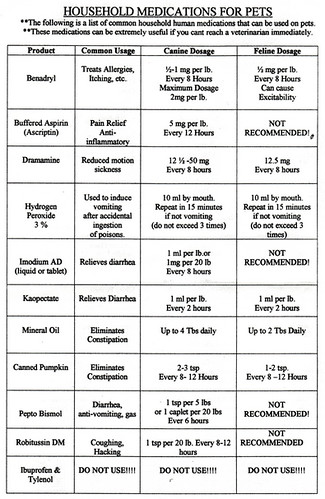Due to our Vets recommendations we only give the puppies their 6 week shots, He recommends shots be given at 6 weeks and 9 weeks, contact your local vet for more information.
All Labrador puppies need to be vaccinated against disease according to the schedule provided by your veterinarian.Your veterinarian may provide routine vaccinations for canine distemper, infectious canine hepatitis, leptospirosis, parvovirus, coronavirus, Para influenza, Bordetella, Lyme disease and rabies. Remember, most vaccines must be given over a period of time and require multiple veterinary visits. So check with your veterinarian and get ready for a happy, rewarding friendship with your pet.
Distemper
A highly contagious, often fatal virus that affects a dog’s respiratory, gastrointestinal, and nervous system. Generally this virus spreads as an airborne infection, so vaccination is the only effective control.
Adenovirus
(Also know as infection hepatitis) A viral disease that affects the liver and cells lining the blood vessels, causing high fever, thirst, loss of appetite, abdominal pain, liver damage, and hemorrhage.
Coronavirus
A highly contagious viral infection of the gastrointestinal tract. Symptoms include vomiting, diarrhea, high fever and dehydration.
Leptospirosis
An extremely contagious disease that spreads through contact with nasal secretions, urine or saliva of infected animals, and can affect humans as well. The ailment causes inflamed kidneys, fever, vomiting and diarrhea. Liver damage can also occur.
Parvovirus
A common and deadly viral infection whose symptoms include diarrhea, fever and vomiting. Parvovirus can kill puppies very quickly.
Par influenza
This virus is one of a number of infectious agents that cause what is often called “kennel cough.” The disease is highly contagious and attacks the respiratory system.
Rabies
A fatal infection of the central nervous system that affects all mammals, especially raccoons, bats, skunks, foxes, domestic dogs and cats, and humans. Since rabies poses a serious public health threat, it is imperative that your puppy be vaccinated. Most states require it.
Newborn labrador puppies receive disease-fighting antibodies from their mother’s milk. These antibodies normally last only six to sixteen weeks, however. After that, your puppy needs vaccinations to help protect him from disease
